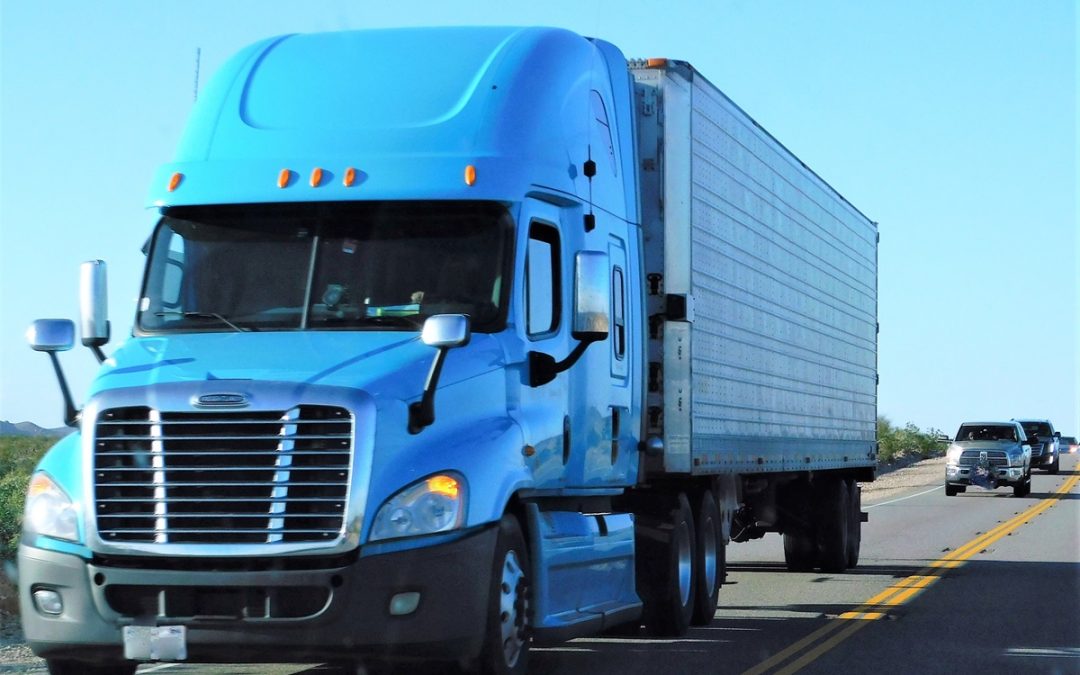Paccar, a dominant name in the North American trucking industry, continues to demonstrate a formidable presence despite market fluctuations. The company’s recent activities, especially those involving its well-regarded subsidiaries Kenworth and Peterbilt, have showcased a strategic agility that keeps it ahead of the curve. This article delves into Paccar’s recent performance, its strategic initiatives, and the broader industry context, offering an insightful look into why Paccar remains a leader in the truck manufacturing sector.
Paccar’s Steady Hold on the Market
Despite anticipations of a market slowdown, Paccar’s performance in the North American truck sector remains robust. CEO Preston Feight, in a recent conference call, highlighted the company’s resilience. Feight emphasized Paccar’s consistent performance, noting that Class 8 truck sales in the U.S. and Canada are projected to remain strong, with estimates ranging between 260,000 and 300,000 units for the year. This projection, although slightly below the preceding year’s figures, underscores the company’s solid market presence.
Notable Performance Highlights
- Kenworth and Peterbilt’s Market Impact: These brands, integral to Paccar’s portfolio, collectively accounted for 109,000 truck sales, marking a significant increase from the previous year’s 96,000 units.
- Financial Resilience: The fourth quarter saw Paccar amassing profits exceeding $1.4 billion, a remarkable rise from $921 million in the corresponding period of the previous year. This financial upswing is further accentuated by an 11% year-over-year increase in truck and parts sales, totaling $8.6 billion.
Strategic Capital Investments and Future Prospects
Paccar’s strategic investments are not just about maintaining its current standing but are aimed at future-proofing the company. CFO Harrie Schippers outlined a vision for capital expenditure, earmarking substantial amounts for enhancing manufacturing capacities and technological advancements.
Key Investment Areas
- Manufacturing Expansion: Significant investments are directed towards expanding truck manufacturing capabilities, notably in Chillicothe, Ohio, and Mexico.
- Engine Remanufacturing Facility: A state-of-the-art facility is set to be established in Columbus, Mississippi, marking a stride towards sustainable and efficient manufacturing practices.
- Battery Cell Factory Initiative: In collaboration with Cummins and Daimler Truck, Paccar is setting up a battery cell factory, a move that signifies its commitment to innovation and sustainable energy solutions.
Market Response and Investor Confidence
The market has responded positively to Paccar’s strategies and performance. The surge in the company’s stock value, with a notable 4% rise post the Q4 earnings announcement, reflects investor confidence. This uptick is part of a larger trend, with Paccar shares nearly doubling since late-summer 2022, elevating the company’s market capitalization to an impressive $53 billion.
Conclusion
Paccar’s journey through the evolving landscape of the North American truck market is a testament to its strategic foresight, robust performance, and commitment to innovation. With a strong hold on the market, significant capital investments, and a positive market and investor outlook, Paccar is well-positioned to navigate future challenges and opportunities. The company’s approach, marked by resilience and strategic planning, sets a benchmark in the truck manufacturing industry.
In the dynamic realm of truck manufacturing and sales, Paccar’s story is not just about numbers and projections; it’s about a steadfast commitment to quality, innovation, and strategic growth. As the industry continues to evolve, Paccar’s journey will undoubtedly be one to watch, for it encapsulates the essence of resilience and forward-thinking in a competitive and ever-changing market landscape.

